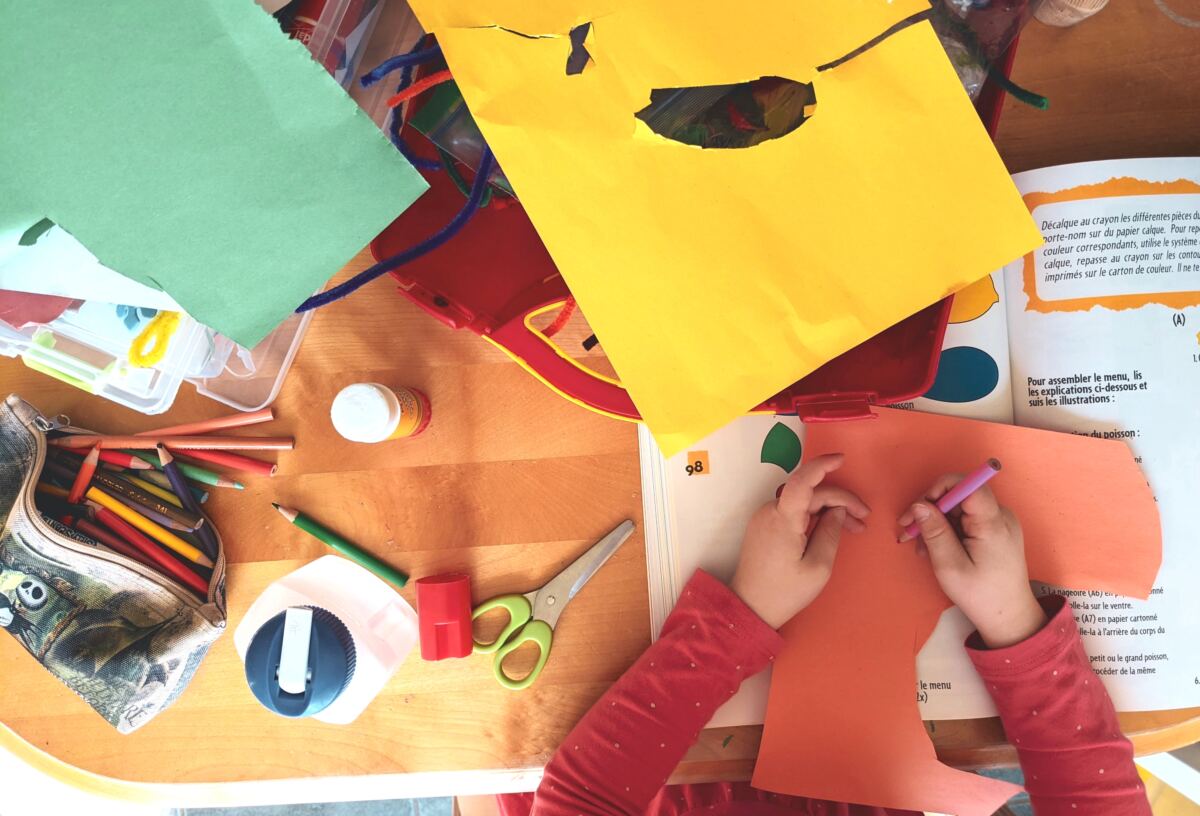How to deal with toddler temper tantrums
Last Updated on April 1, 2024

Temper tantrums are one of the least enjoyable parts of having toddlers. They can make you question your parenting skills, and feel frustrated or embarrassed when they happen in public.
Below is some information on the age temper tantrums start and stop, what causes them, and some ways to deal with toddler temper tantrums that I hope helps you to navigate your own feelings about them, and try things that will lessen the duration and frequency of toddler temper tantrums in your life.
What age do temper tantrums start?
Temper tantrums usually start between the ages of 1-4, with 18 months being the average age.
What a toddler does when having a tantrum can range from whining, crying, screaming, kicking, hitting, biting, or breath holding.
Some toddlers have temper tantrums often, some rarely, and some not at all, but what is common is that toddler temper tantrums are a normal part of a toddler’s development, as it’s how they express their feelings.
What age do temper tantrums end?
Temper tantrums tend to stop, or decrease in frequency, when a toddler can better communicate what they want, or start to do things more independently, which happens around 4 years old.
However, some toddlers will be able to better communicate before this age, some after.
What causes temper tantrums?
The causes of temper tantrums change depending on the age of your toddler.
For toddlers aged 1-2, temper tantrums are often caused due to their lack of language skills.
They want to express themselves, ask for something, or do something, but they don’t have the language skills to do so, which results in them becoming frustrated and hence having a tantrum.
For toddlers aged 3-4, temper tantrums are often caused by a need to assert themselves, boundary testing, or not being able to do something challenging such as putting shoes on, or doing up buttons.
Other causes of temper tantrums include:
- Tiredness
- Hunger
- Feeling uncomfortable
- Sickness
- Not getting something they want
- Not doing something they want to do
- Others not doing what they want them to do
How to deal with toddler temper tantrums
Now that we know temper tantrums are a normal part of a toddler’s development, and some of the causes of them, we can now discover ways to deal with toddler temper tantrums that our toddler’s will best respond to.
Some of these ways include:
Remember it’s not personal
A worthwhile thing to remember before dealing with toddler temper tantrums is that they’re not personal, the tantrum has nothing to do with our parenting.
It’s easy to feel like we’ve done something wrong when our toddler has a tantrum, but temper tantrums are a normal part of a toddler’s development, and reminding ourselves of this during a tantrum can make us feel calmer about them, and not doubt our parenting abilities.
Find out why the tantrum’s happening
Finding out why your toddler is having a tantrum and then providing solutions to their issue is a great way to shorten the tantrum length, or stop it.
Are they frustrated because they’re hungry? If so toddler snacks could be what they need to calm down.
Are they overtired and need a nap? Are they angry because they want something that their sibling has?
Assessing what’s making them frustrated and then providing a solution to fix it will help everyone.
Let them work through it
Everyone gets angry at times, including toddlers, and sometimes the best way to deal with these feelings is to let them end naturally.
If your toddler is angry and responding with a tantrum, and if they’re somewhere that’s toddler proof, or somewhere they can’t hurt themselves, or others, then let them work through the tantrum on their own.
Allowing them to do this teaches them how to overcome their feelings, and work out how to get back to a non-angry state, which will help them as they get older.
Distract them
Distraction is one of the ways I deal with my toddler’s tantrums, where I show him something else, or get him to do something so he’s distracted from his tantrum and it hopefully stops.
For example, when a tantrum starts you could distract your toddler by showing them something out the window, giving them a toy they love, playing cars with them, or getting out some toddler friendly arts and crafts.
When offering a distraction use brief commands like “look outside”, “let’s play”, “let’s draw”, or “don’t hit your brother”.
Don’t yell
It can be near impossible not to yell when your toddler’s mid tantrum, especially when it’s a bad one, but if you yell your toddler is likely to yell louder so they feel heard.
If you do happen to yell, apologise and explain to your toddler that yelling is not the way to talk to other people. Then as calmly as possible find another way to deal with their tantrum.
Pick your battles
This is another thing that I do when dealing with toddler tantrums, which is to question if it’s a battle worth fighting for.
Picking your battles when it comes to tantrums means meeting your toddler’s tantrum needs if it’s something that won’t impact your day, or go against boundaries you’ve previously set for them.
For example, if your toddler’s having a tantrum because they want another book to read before bed, or they want to play one more song in the car, then do it if it’s not going to impact your day, but tell them firmly that they can only have one more this time, then what will happen once it’s done.
This is different to bribing your toddler to end a tantrum, which involves giving them something to end their tantrum, such as “if you stop crying you can have an ice cream”, or giving them what you originally said no to, which led to the tantrum. Doing these things will teach your toddler that to get their way all they have to do is have a tantrum.
Let them know of changes in advance
Toddlers like to know things in advance, as opposed to being told that something is happening now.
An example of this is telling your toddler that after 3 more times on the slide they’ll be going home, instead of saying okay it’s home time now.
Giving them advance notice in a way that they understand (3 more slides, instead of in 5 minutes) can help avoid tantrums that happen because they were unaware that things were changing.
Give them some control
As well as appreciating advance notice, toddlers appreciate having control, because when they don’t they react badly.
You can give them control by allowing them to make choices, like choosing what to wear from 2 pre selected outfits, or allowing them to choose whether they’ll brush their teeth before of after dinner.
Time your outings
If you want to avoid your toddler having a tantrum in public, then it may be beneficial to go out after your toddler has had a nap, or after they’ve eaten, so tiredness or hunger doesn’t result in a tantrum.
If you need to take your toddler to the shops, try to get in and as fast as possible, or get them to help put things in the shopping basket, or talk to them about what you’re doing.
Go to a safe place
Sometimes no matter what you do a public tantrum will happen, and if it does calmly pick your toddler up and take them to a safe place where they can’t hurt themselves, like a restroom or your car until they calm down.
I hope this post has made you feel better with your current tantrum situation, and that you’ve found some ways to deal with toddler temper tantrums that you’re ready to try when your toddler’s next tantrum strikes.
What will you try from this list the next time your toddler has a temper tantrum?







